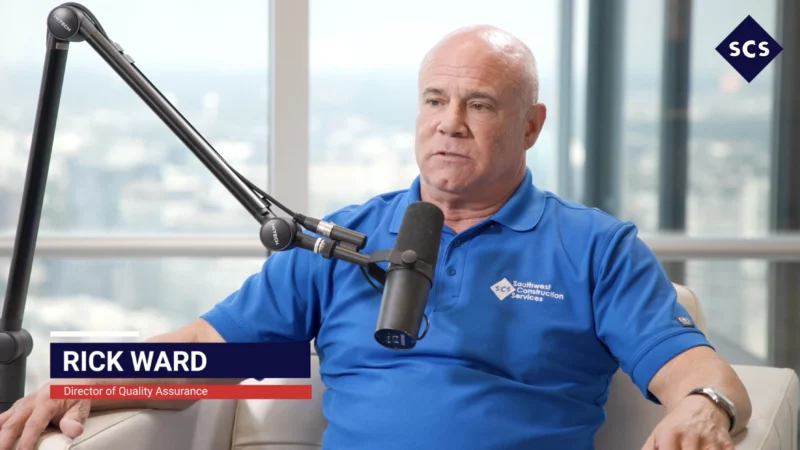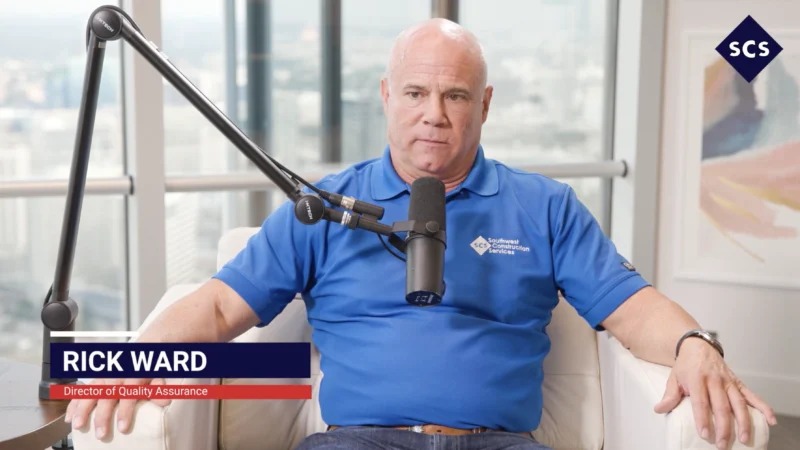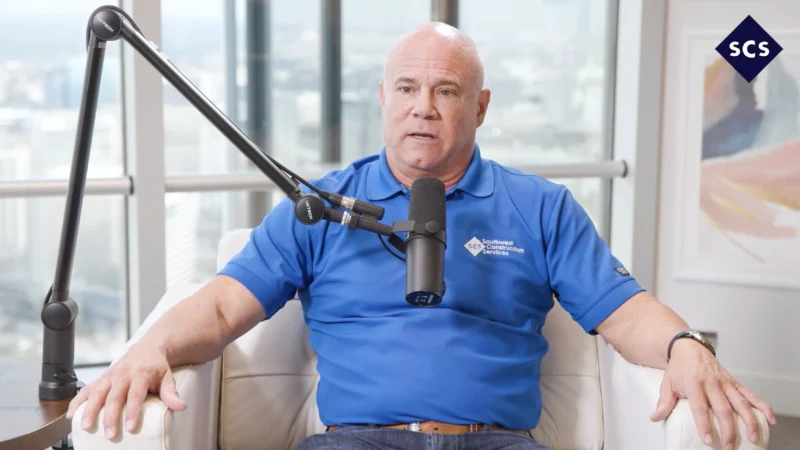Converting Commercial Buildings to Residential Buildings: Is This Sustainable?
The trend of converting commercial buildings, including offices, into residential buildings has been around for some time. However, with the increase in remote work, many home offices are replacing commercial office spaces as places to work. About 998 million square feet of office real estate across the United States is available but in search of tenants. In some cases, innovators are transforming office space that is not being used for its intended purpose into apartments and other residential spaces.
But is this conversion sustainable? Does the estimated profit match the high cost of conversion?
On today’s episode of the Location Cubed podcast, Aaron Grisz, CPA, Real Estate Tax Partner at Weaver, speaks with Howard Altshuler, Partner-in-Charge of Real Estate Services at Weaver, to discuss the benefits and drawbacks of the conversion from commercial to residential buildings..
Aaron Grisz and Howard Altshuler discussed:
1. The recent increase in the conversion of commercial buildings to residential ones
2. Whether the cost of conversion is worth the benefit
3. The role for local govenments
4. What the future holds for this type of activity
“Commercial to residential renovations are not a new concept in the real estate industry. Renovating these buildings can be expensive, and the process is usually taken on by companies looking to make a statement or create a unique property. Housing will always remain a need, but the major challenge will be financing. However, the government can play a crucial role in financing these projects,” explained Altshuler.
Aaron Grisz, CPA, has more than ten years of public accounting experience providing proactive tax consulting and planning services to businesses across multiple industries. His expertise extends to the realm of converting commercial buildings, focusing on real estate, manufacturing, and distribution. He deals with complex real estate transactions, flow-through entity taxation, corporate taxation, and ASC 740. Aaron is a Certified Public Accountant and a member of the American Institute of Certified Public Accountants (AICPA) and Texas Society of CPAs (TXCPA). He earned a master’s degree in accountancy and a Bachelor of Business Administration degree from Texas Christian University.
Howard Altshuler is the Partner-in-Charge of Real Estate Services at Weaver. He has over 30 years of public accounting experience with a focus on real estate and real estate – related clients. He received a BBA in Accounting degree from the University of Houston, C.T. Bauer College of Business. Altshuler is a Certified Public Accountant.




